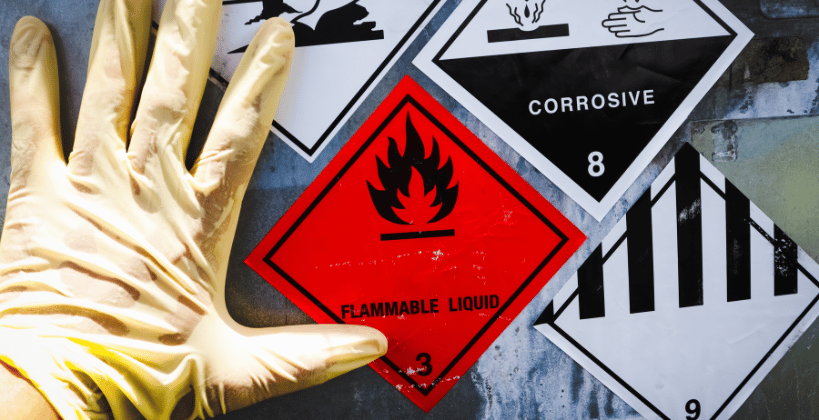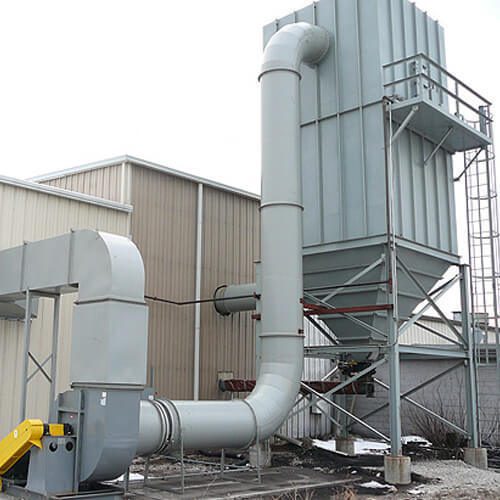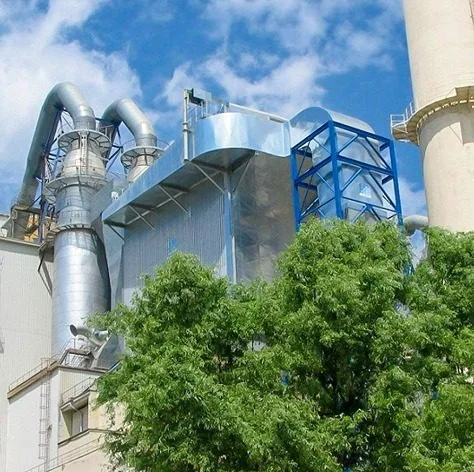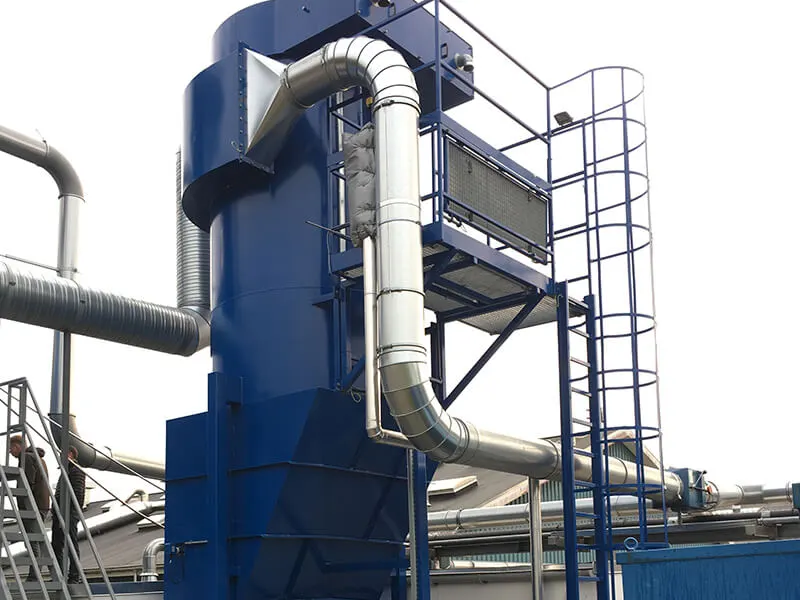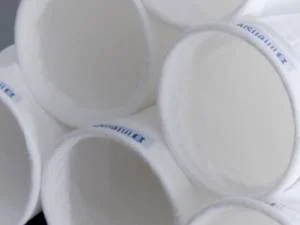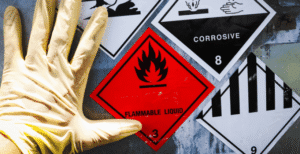The chemical industry operates in a complex environment where safety, precision, and efficiency are critical. Whether producing basic petrochemicals or high-purity pharmaceuticals, filtration systems play a crucial role in maintaining product quality and protecting both equipment and personnel. Chemical industry filters are designed to remove contaminants, separate phases, recover valuable materials, and ensure regulatory compliance with environmental and safety standards.
From filtering corrosive liquids to capturing fine particulate emissions in air streams, these systems are engineered to perform in aggressive operating conditions that are often hazardous and highly regulated. As chemical processes become more sophisticated and quality standards more stringent, filtration technology continues to evolve to meet rising demands.
Why Filtration is Vital in the Chemical Industry
In the chemical sector, filtration isn’t just a support function—it is central to the success of almost every process. These operations often deal with volatile compounds, reaction by-products, and particulate contamination, all of which can negatively impact performance and product consistency. Filtration ensures that raw materials are pure, chemical reactions proceed without interference, and final products meet quality requirements.
Moreover, the presence of harmful particles or vapors in the system can damage sensitive processing equipment and lead to costly downtimes or safety hazards. Whether it’s for gas scrubbing, solvent purification, or dust extraction, chemical industry filters are integral to sustaining operations while adhering to health, safety, and environmental mandates.
Chemical Industry
Types of Chemical Industry Filters
Chemical filtration systems are diverse and specialized to handle varying operational needs. While liquid and air filtration are the broad categories, there are several types under each that cater to specific chemical environments. For instance, liquid filters are used to remove solids from solvents or acids, while gas-phase filters capture volatile organic compounds (COV), acid gases, and other airborne pollutants. Some filters are installed upstream to protect process integrity, while others work downstream for final product purification.
Materials and Design Considerations
One of the most important aspects of chemical filtration is the selection of filter media and housing materials. Filters used in chemical plants must withstand corrosive substances, extreme pH values, high temperatures, and varying pressure levels. Therefore, materials like stainless steel, polypropylene, PTFE (Teflon), and ceramic are commonly used. The choice depends on chemical compatibility and process requirements. For instance, PTFE membranes are popular in filtration units that must resist both acid and alkali attacks.
Design-wise, systems may be built as cartridge filters, bag filters, pleated filters, or membrane filters—each offering different surface areas, flow rates, and particulate retention levels. Compact, modular designs are favored in pharmaceutical or specialty chemical facilities, whereas bulk processing environments may require high-capacity, heavy-duty filtration units.
Applications of Chemical Industry Filters
The application of filters spans virtually every branch of the chemical industry. In petrochemicals, filters are essential for separating solids from catalysts and removing water from hydrocarbons. In the production of specialty chemicals, filtration ensures the removal of impurities that could interfere with the chemical reactions or final product appearance.
In pharmaceutical manufacturing, sterile filtration is crucial. It prevents microbial contamination, ensuring that drugs meet stringent regulatory and safety guidelines. Similarly, in agrochemicals and food-grade chemicals, filters maintain both purity and process hygiene.
Air and gas filtration is another important area, especially for processes that generate fine dust, acidic vapors, or hazardous fumes. Chemical plants typically use scrubbers and HEPA or activated carbon filters to meet emission norms and create safe working environments.
Scopri la nostra gamma di soluzioni:
Key Functions of Filters in Chemical Processing
Product Purity Control: Removal of particulate contaminants and impurities to ensure high-quality end products
Protezione delle apparecchiature: Prevents clogging or erosion in pumps, valves, and pipelines caused by solids or corrosive
Sicurezza dei lavoratori: Filters harmful gases, dust, or fumes before they can reach breathable air zones
- Conformità ambientale: Captures and treats emissions in accordance with local and international pollution standards
- Recovery and Reuse: Filters enable the recovery of catalysts, solvents, and by-products, contributing to sustainability and cost-efficiency
- Microbial Filtration: In pharmaceutical and food chemical processes, sterilizing filters are used to remove bacteria and spores
Challenges in Chemical Filtration
Although filters bring immense benefits, their effectiveness is dependent on regular maintenance and correct specification. Inappropriate filter material, design misalignment, or poor cleaning mechanisms can reduce efficiency, cause system blockages, and even lead to hazardous incidents. Additionally, the filtration of viscous or corrosive fluids can reduce flow rates and degrade filter performance over time.
Frequent monitoring of pressure drop, clogging patterns, and maintenance intervals is critical. For air filtration systems, improper sealing or damaged filters may result in fugitive emissions, posing health and environmental risks.
Advancements in Filtration Technology
Modern chemical industry filters are far more advanced than their earlier counterparts. Innovations include nanofiber membranes for ultra-fine filtration, self-cleaning systems using pulse-jet or backwash mechanisms, and automated control systems that continuously monitor performance metrics. These smart filtration systems reduce manual oversight, extend equipment life, and ensure compliance through consistent performance.
Manufacturers now offer modular and customizable filtration units that can be integrated easily into existing process lines. Additionally, there is growing use of eco-friendly and recyclable filter materials to support the industry’s sustainability goals.
How Intensiv Filter Himenviro Supports the Chemical Industry
At Intensiv Filter Himenviro, we understand the specific demands of chemical processing environments. Our filtration systems are engineered to handle aggressive gases, corrosive liquids, and fine particulate matter while delivering high reliability and low maintenance. Whether it’s for dust collection, fume filtration, or liquid-solid separation, our solutions are tailored for efficiency, safety, and compliance.
We offer a wide range of industrial filters, including bag filters, cartridge filters, and HEPA systems, designed with chemical-resistant materials and cutting-edge features. With decades of experience in designing and supplying filtration systems for complex industrial applications, we provide not just equipment but complete filtration solutions—including design consulting, installation, and post-sale service support.
Our goal is to ensure that your chemical operation runs cleaner, safer, and more sustainably—no matter how demanding the application.
Conclusione
The importance of chemical industry filters cannot be overstated. They are central to maintaining purity, process stability, and regulatory compliance in an industry where precision and safety are paramount. As chemical manufacturing processes continue to evolve, so will the need for advanced filtration systems that offer superior performance under challenging conditions. Investing in high-quality filters and working with experienced partners like Intensiv Filter Himenviro ensures that operations stay efficient, safe, and environmentally responsible.
